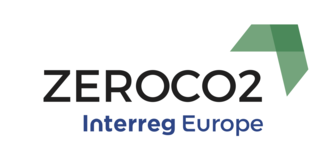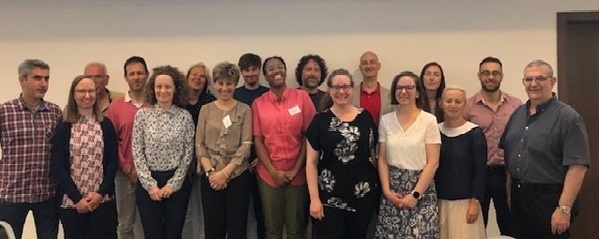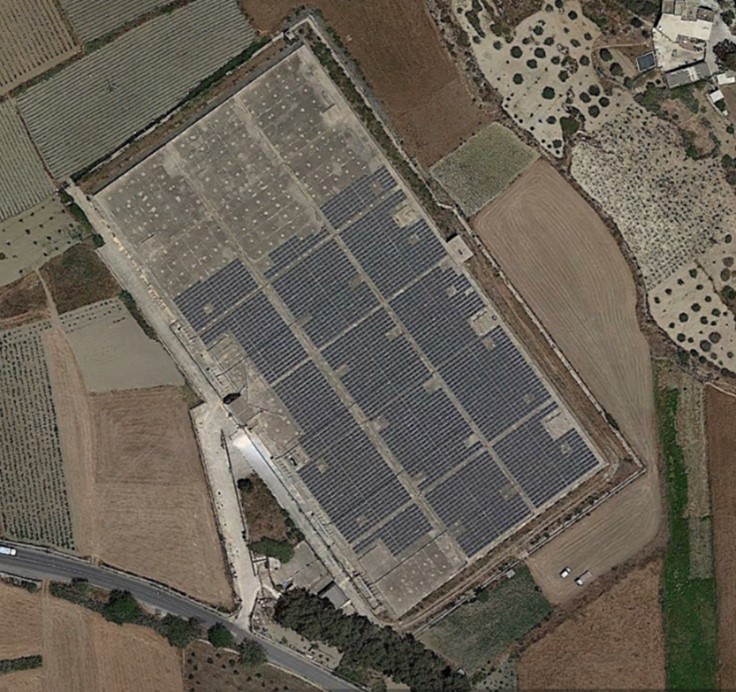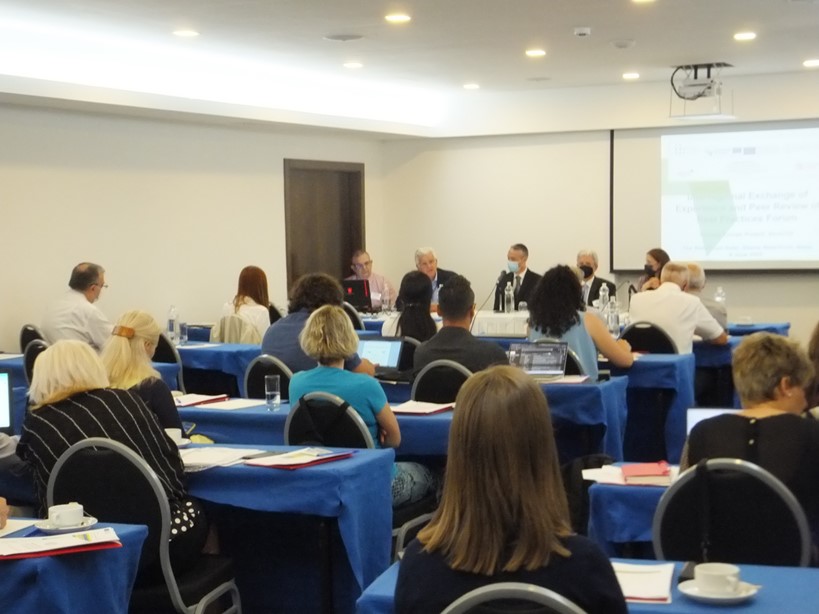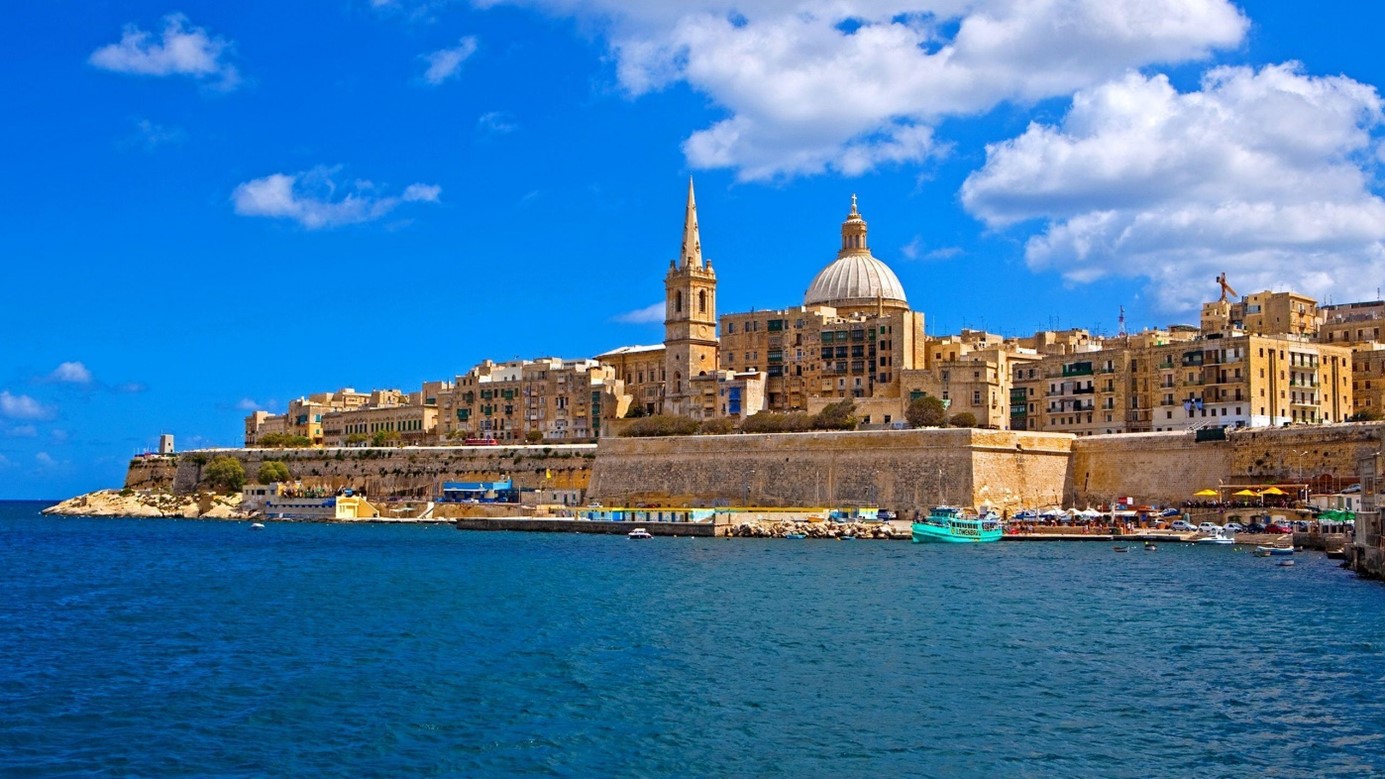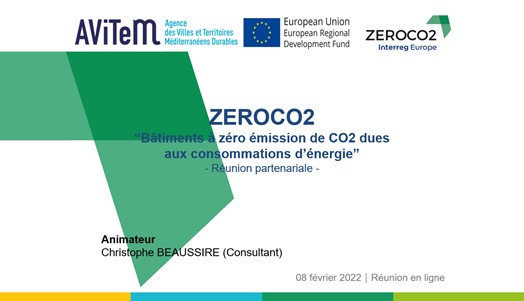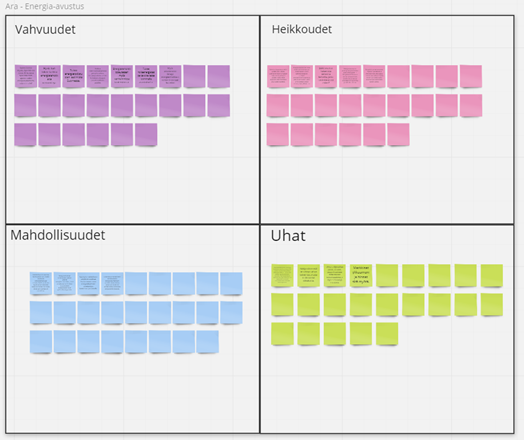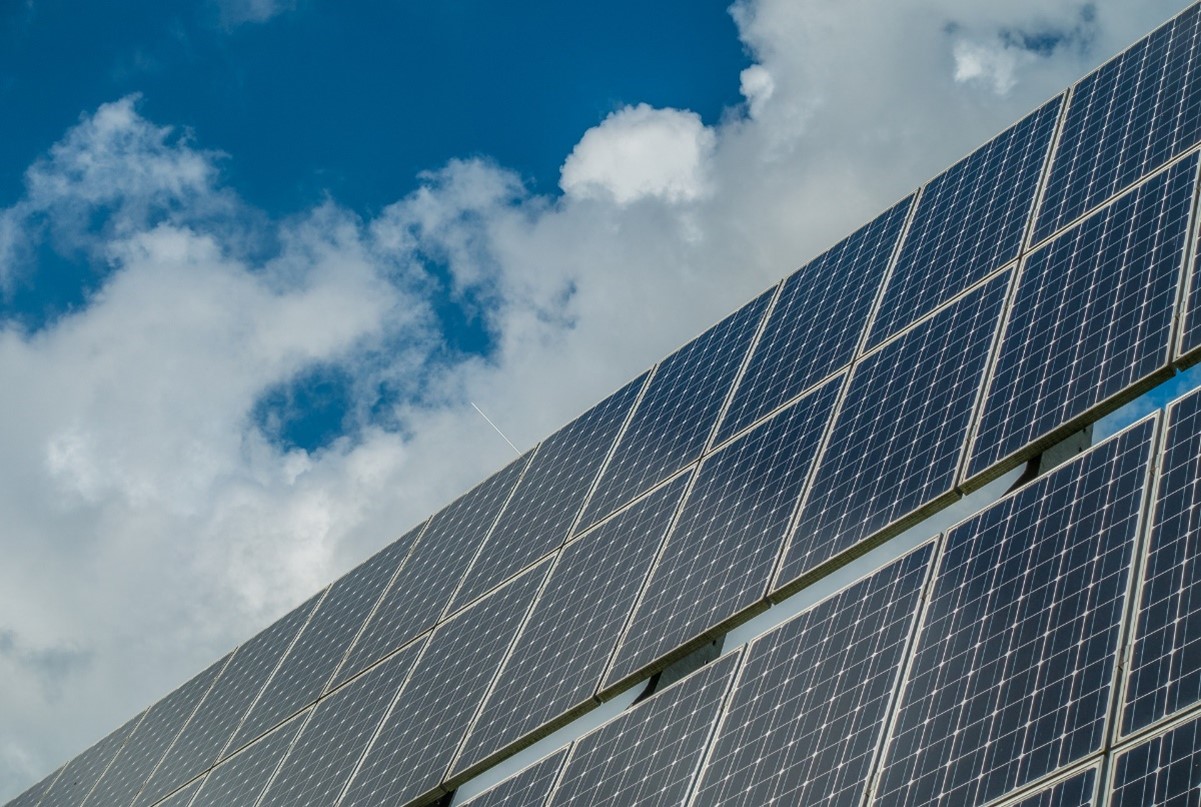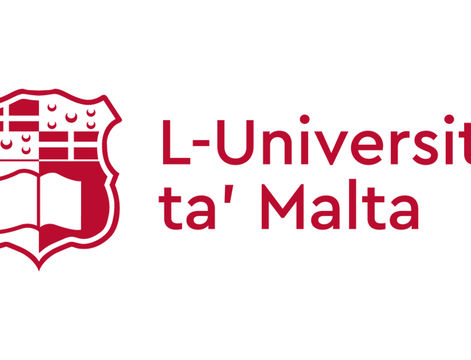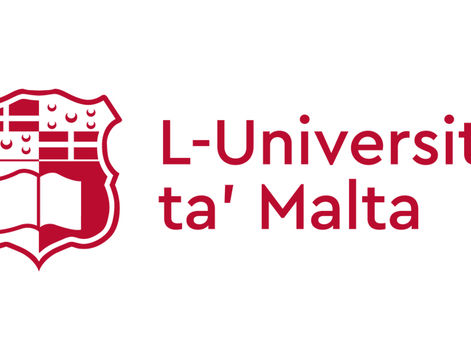Day 1
Welcome and Project Update
The partner meeting in Finland started with a welcome speech made by the host partner followed by a project update presentation made by the lead partner.
Presentation of Good Practices and Market Need Reports by each Partner
All partners presented their good practices, market need reports and action plans.
The following issues were raised in the presentations and discussions:
• in terms of investments, major renovations have been already accomplished (Slovenia)
• public motivation does not meet the target set by the government (Greece)
• lack of financial opportunities (Lithuania)
• low motivation to reduce energy consumption on residential level (Lithuania)
• energy efficient buildings are on high standard already but there is no strong or specific funding instrument for the renewal of buildings to be more energy efficient (Finland)
• the need for development of incentive methods by public authorities (France)
• decrease of solar thermal installations (Malta)
• new energy efficient buildings may have low energy consumption but high carbon dioxide emissions
• most of the current energy efficiency certificates do not include carbon dioxide emissions whereas the CEREMA certification does
• carbon dioxide emissions of a building should be taken into account for the whole life-cycle period, instead of only looking for the emissions during the operational period of the building
• it’s not reasonable to speak separately of energy efficiency and carbon dioxide emissions but in the case of ZEROCO2 project it had to be done
The following opportunities were raised in the presentations and discussions:
• energy efficiency measures can be applied to other public buildings and in other regions (Slovenia)
• the technologies can be used in other territories and the scale of renewable energy sources that can be implemented is wide (Greece)
• the good practices can be easily transferred to other municipalities and regions (Lithuania)
• energy and environmental recommendations were usually proceeded and successfully implemented (Finland)
• energy efficiency / energy consumption education for young people in schools (Lithuania)
• buildings should be looked as energy producers rather than only as energy consumers (Finland)
• priority to be given to public schools because the hope lies in the young generation to switch to ZEROCO2 carbon emission buildings (Malta)
Other statements and notifications raised during the presentations and discussions:
• the presented action plans are draft versions
• the Finnish good practice of energy efficiency agreements will be presented in Slovenia by an external expertise
• partners were recommended to avoid misuse of words, as misuse of certain words (not written in the project application) may lead to ineligible project costs
• a brief English introduction of the E+ C- experimentation will be shared to partners
• save the date: Cluster Project Conference in Florence.
• Chris Ashe presented that there could be a new project in the 4th call. Application directed to the resource efficiency programme certainly is an opportunity.
Site visits
The following sites were visited:
• Lapua Energy Ltd (district heating)
• Alanurmo Elementrary School (renewable energy production, energy efficient public building)
